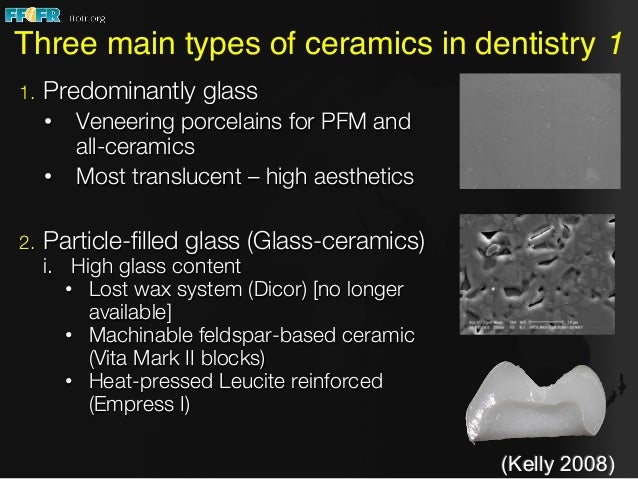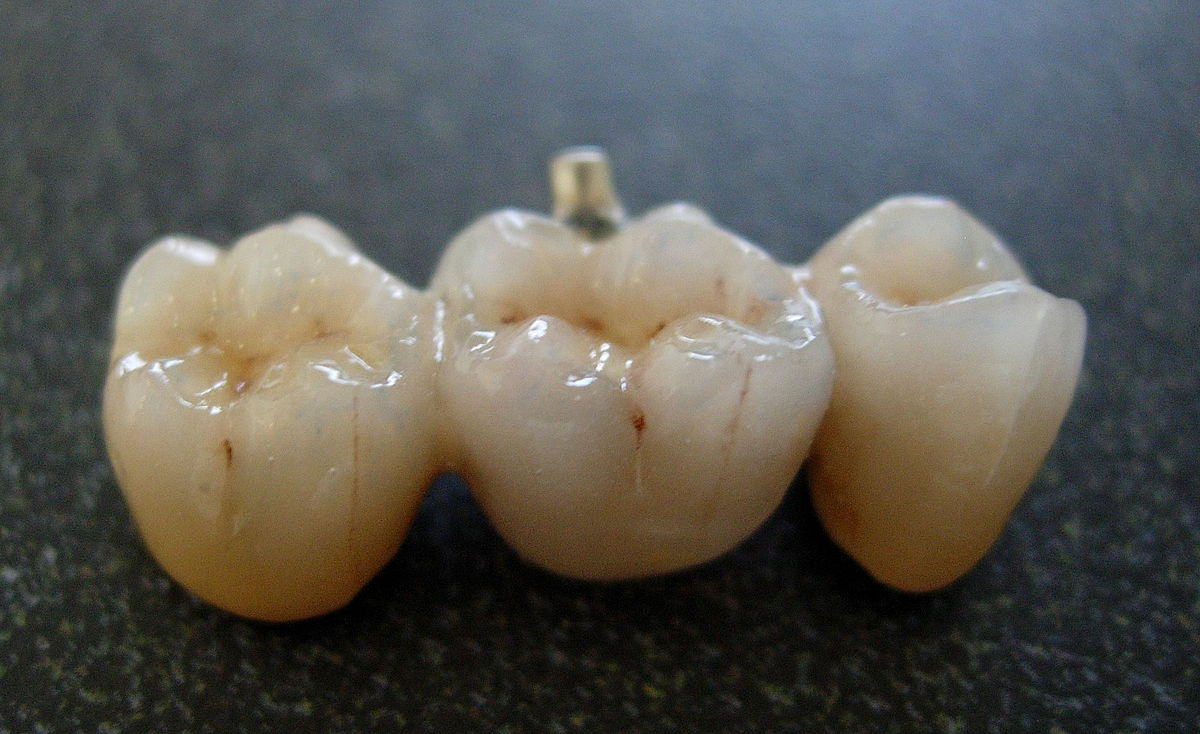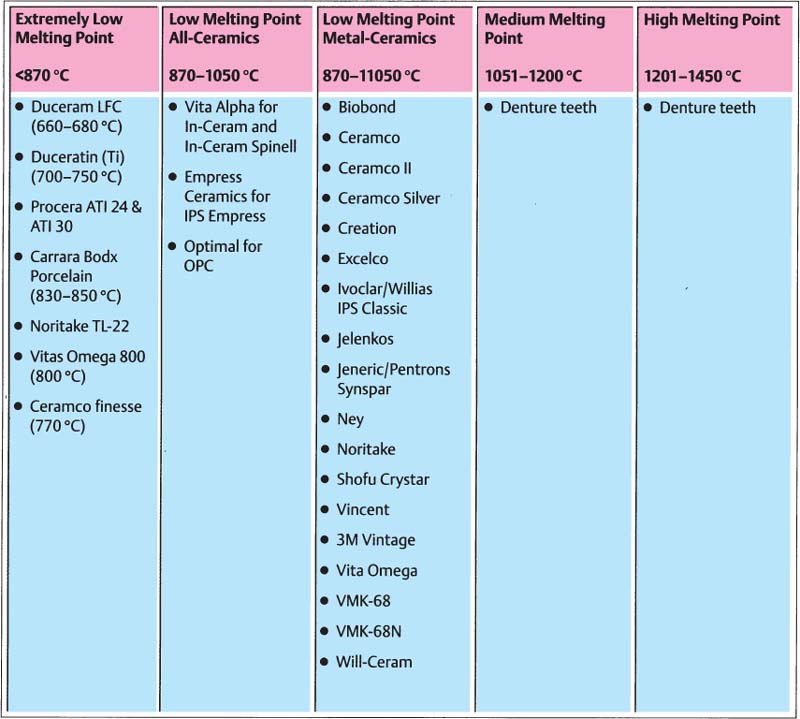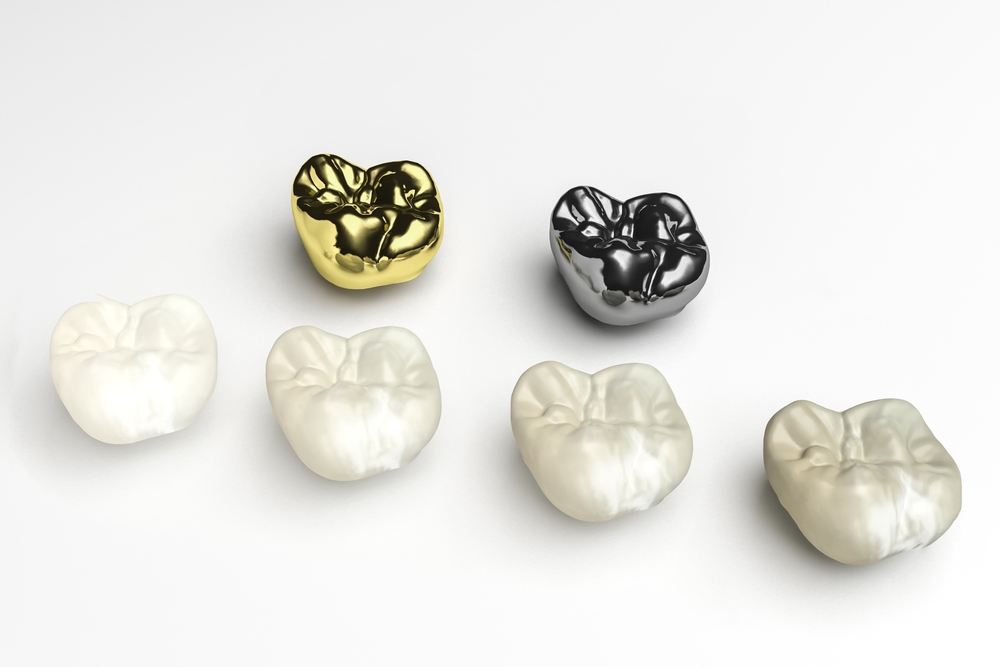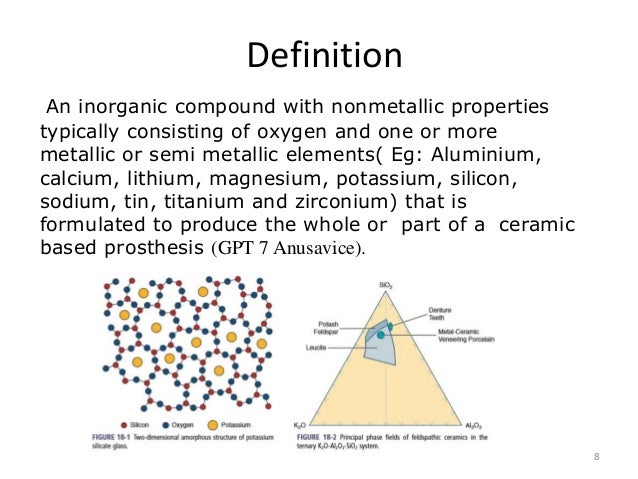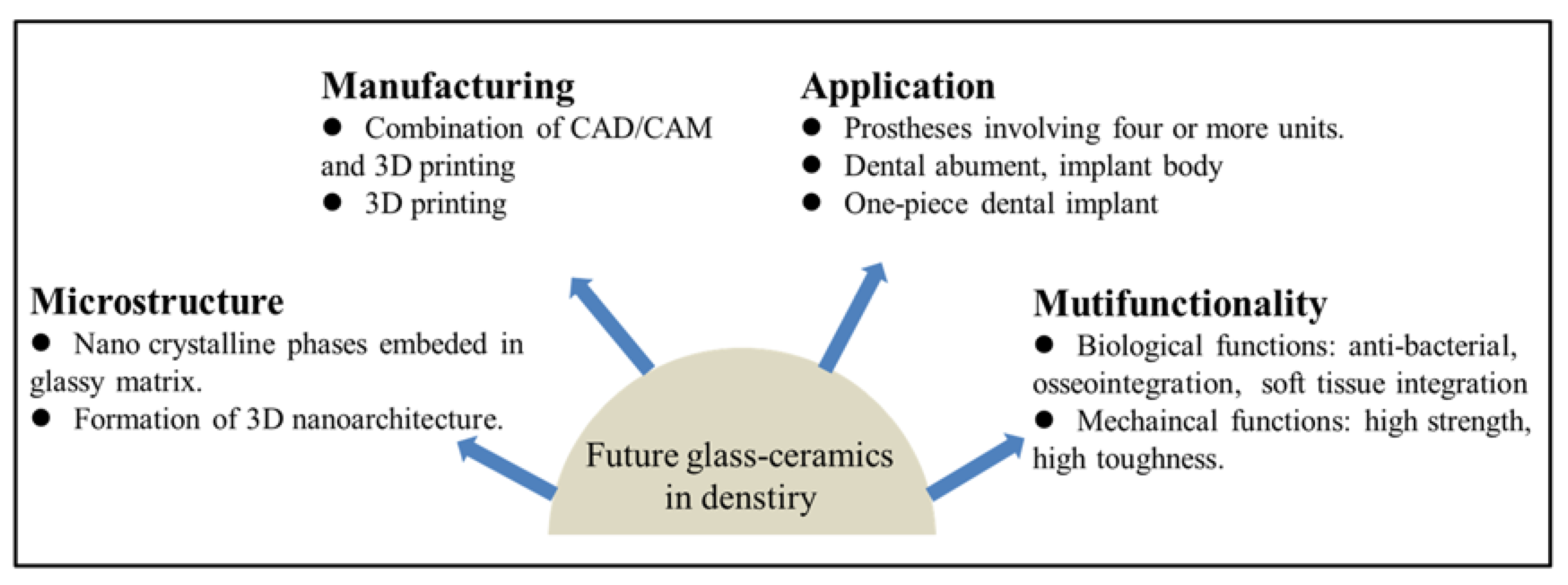Brea california vita has introduced a new category of cad cam material vita enamic the hybrid dental ceramic has a dual network structure that combines the best properties of ceramic and composite materials.
Definition of ceramics in dentistry.
1 to alert practitioners to the fact that the use of ceramics since the very beginning always represented the adoption of high technology versus craft art.
The growth of implant and fixed prosthodontics practices in dentistry has created a rapidly increasing demand for advanced ceramics and ceramic processes.
2 to reinforce the concept that ceramics and.
Ceramics in dentistry where did this stuff come from.
Ceramics in dentistry part i.
Classes of materials many different types of ceramic systems have been introduced in recent years for all types of indirect restorations from very conservative no preparation veneers to multi unit posterior fixed partial dentures fpds and everything in between.
Introduction ceramic is defined as product made from non metallic material by firing at a high temperature.
Some elements such as carbon or silicon may be considered ceramics ceramic materials are brittle hard strong in compression and weak in shearing and tension.
It is quite useful reviewing how and why ceramics came to be used in dentistry.
Also in case of gum recession in fixed prosthesis pink coloured ceramics are placed in the lost gum region to make it look natural.
Similarly ceramic teeth are manufactured in va rious shades shapes and sizes to be used in complete dentures.
Ceramics in dentistry 207 fig.
They withstand chemical erosion that occurs in other materials subjected to acidic or caustic environments.
Ceramics are used in restorative dentistry as full and partial coverage crowns denture teeth and as particulate fillers for resin matrix composite filling materials.
This account serves three purposes.
Dentistry definition the profession or science dealing with the prevention and treatment of diseases and malformations of the teeth gums and oral cavity and the removal correction and replacement of decayed damaged or lost parts including such operations as the filling and crowning of teeth the straightening of teeth and the construction of artificial dentures.
Innovations in ceramics and ceramic processes are vital to ensure reliable and affordable dental restoration solutions with aesthetically pleasing outcomes.
A ceramic material is an inorganic non metallic often crystalline oxide nitride or carbide material.
The dominant ceramic network structure and the reinforcing polymer network structure of vita enamic are merged with one another similar to the way that steel reinforces concrete.







